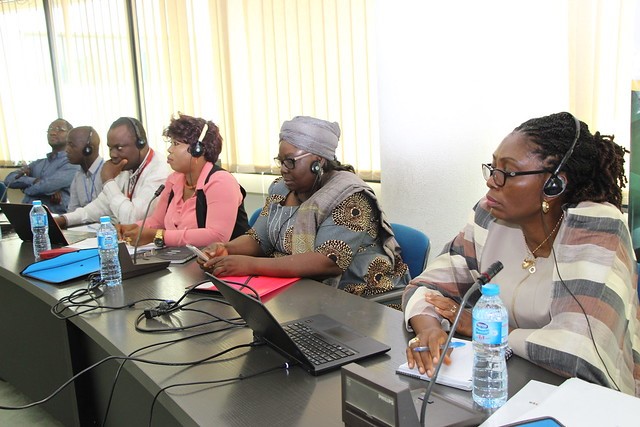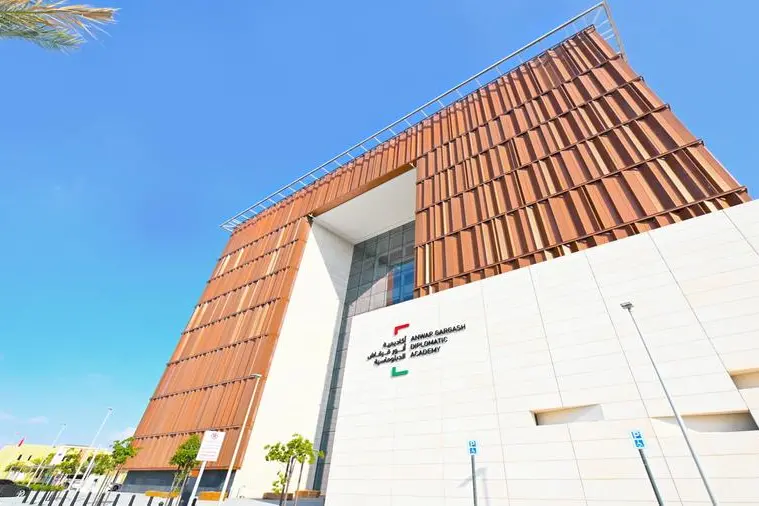Several countries across the continent continue to experience differing degrees of conflict, ranging in intensity from social protest to civil war, the regional spill-over effects of which have high human and economic costs. This poses a challenge for both states and international communities and as such, a stronger continental and regional institutional response to prevent, mitigate, and resolve these conflicts is needed, particularly if we are to achieve Africa’s vision of a peaceful, prosperous, and integrated continent, as outlined in the African Union’s Agenda 2063.
On 25 to 26 October 2021, ACCORD provided an introductory Conflict Management Training for the Regional Economic Communities (RECs) and Regional Mechanisms (RMs). ACCORD’s Manager of Applied Knowledge and Learning, Philip Visser, facilitated the training over Zoom. The participants representing the Economic Community of West African States, the Common Market for Eastern and Southern Africa, and the Intergovernmental Authority on Development were provided with the opportunity to contribute to discussions on conflict, while Visser unpacked the different mechanisms for both understanding and resolving conflict, expanding on the relevance in their different fields of work.
Participants interrogated the ways in which conflict situations can be shaped by the mindsets conflicting parties adopt. To this end, the participants undertook activities to identify the kinds of scenarios where people typically, but unnecessarily, adopt a competitive mindset. Visser further led a demonstration on the ways in which cooperative and collaborative approaches may lead to better results for all parties involved in a conflict. The importance of clear communication came through as a strong theme during the training with participants understanding the importance of clearly communicating one’s goals and interests in a negotiation or mediation setting, so as to better identify ways in which all parties’ interests can be protected.
ACCORD continues in its efforts to reinforce the institutional capacity of the multilateral institutions that oversee peace and security in Africa. By targeting staff members from different units and departments, the training served to reinforce the capacity and functionality of the RECs and RMs. Ensuring that these institutions have capable programme staff, who have an understanding of conflict management, in order to better assist the RECs and RMs peace and security mandates.








